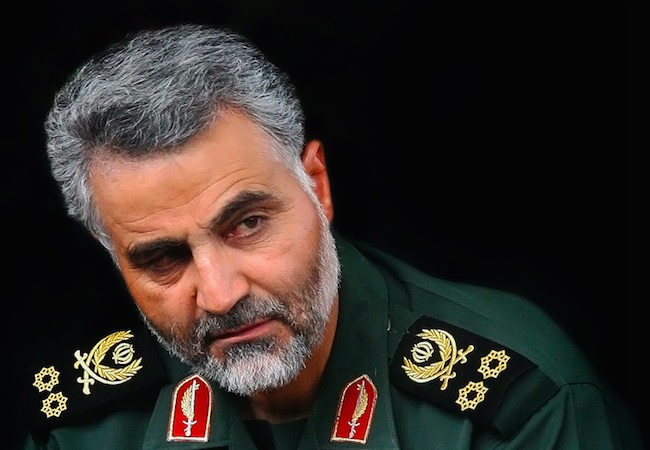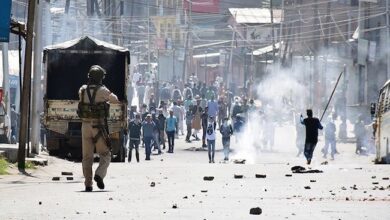U.S. and European assets and interests might come under attack

As the Iranian leaders are now feeling the pressure of the full sanctions on Iranian oil and the terror-designation of Iran Revolutionary Guard Corps (IRGC), they will try and shift much of the IRGC’s human resources and assets into Iranian intelligence service that operates under Iran’s Ministry of Intelligence and Security (MOIS).
The developing scenarios in the Middle East and the last year’s thwarted Paris explosion plot suggest that MOIS operatives might be used against U.S. and European interests and assets globally, particularly in Western soil. Infact, the thwarted Paris explosion plot is an ideal example of how far Iran is willing to go using its intelligence operatives.
Was IRGC’s terror-designation enough?
For evaluating the threat against the Western interests and assets, it is first necessary to understand whether designating the IRGC as foreign terrorist organization (FTO) was enough to weaken Iran’s terror network globally?
With this terror-designation, only one element of Iran’s terror capability is checked. This move could work only if it is followed by several other measures in order to ensure incapacitating Iran’s terror activities completely.
One of such measures would be to curtail the finances, international mobility and, most importantly, the operational capabilities of other elements of the Iran’s terror network. Limiting the ability and scope of the Ministry of Intelligence and Security (MOIS) operatives, many of who operates via Iranian embassies across the world, could be the first step towards this end.
It is worth noting here that while Iran uses the IRGC to recruit, expand and spread its terrorist proxies primarily across the Middle East, it uses the MOIS for fulfilling its global agenda and for carrying-out hostility in other parts of the globe in cooperation with the IRGC.
MOIS involved in thwarted Paris explosion plot
On July 1, 2018, an Iranian diplomat, who was alleged by the U.S. and European officials of being the station chief of the MOIS, was arrested in Germany for his alleged involvement in a plot to bomb a huge rally of Iranian dissidents in Paris. He was later extradited to Belgium, where two others, who were suspected to be his associates in the planning, were detained.
The rally was eventually attended by thousands of people, including the U.S. President Donald Trump’s personal lawyer Rudolph W. Giuliani.
The diplomat, Assadollah Assadi, who had been a high-ranking official in Vienna’s Iranian embassy since 2014, was under surveillance for some time prior to his arrest.
This thwarted Paris explosion-plot gives a clear picture of how the MOIS agents operate, via Iranian embassies, inside other countries.
Iran could use MOIS against U.S., Europe
Iran will, as mentioned earlier, try to shift much of the IRGC’s human resources and assets to the MOIS. What’s worse, amid the current rising tensions between the West and Iran, Tehran could use MOIS against Western assets and interests – particularly those of the U.S. – not only in Western cities, but also in countries which are friendly to both West and Iran, including Indonesia, India, Malaysia and Pakistan.
In this context, if the Western governments in North America and Europe designate the MOIS as terrorist organization, this would effectively limit the ability and scope of the MOIS operatives to conduct a hostile act in the Western cities and on the Western interests and assets in other countries. Otherwise, the West might not be able to prevent any potential Iranian hostility conducted by the MOIS operatives.
In addition, the U.S. and Europe, along with the international community, must make it clear to Iran that if evidence of any MOIS activity is found in any country, actions would certainly be taken against the Iranian embassy in the host country, including expelling the Iranian ambassador from that country.






